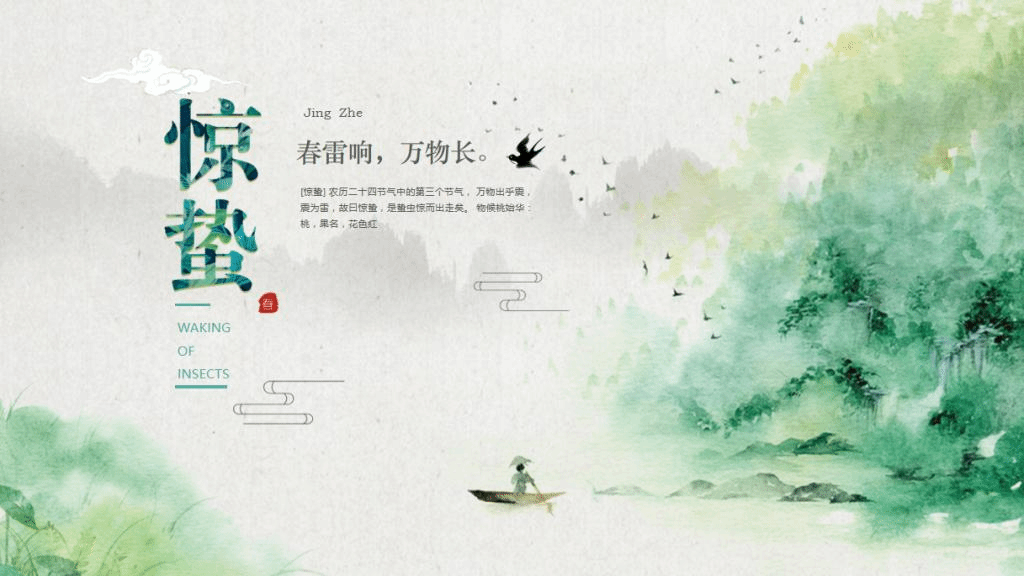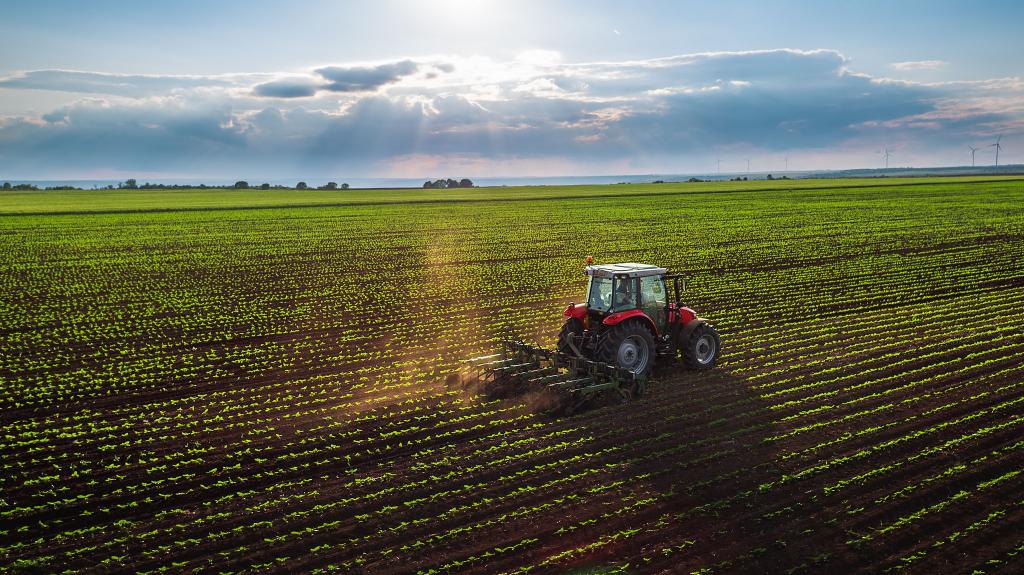Editor's note: The 24 Solar terms are an ancient Chinese calendar used to guide farming. They are the crystallization of the accumulated experience and wisdom of the working people of the Chinese nation. Since ancient China was an agricultural society, people required a strict understanding of the sun’s movement, and farming was conducted entirely according to the sun as well. Therefore, the “24 solar terms”, which reflects the sun’s movement cycle, were added to the calendar as the standard for determining leap months. The 24 solar terms are: Start of Spring, Rain, Awakening of Insects, Spring Equinox, Qingming festival, Grain Rain, Start of Summer, Grain buds, Grain in Ear, Summer Solstice, Minor Heat, Major Heat, Start of Autumn, End of Heat, White Dew, Autumn Equinox, Cold Dew, Frost’s Descent, Start of Winter, Minor Snow, Major Snow, Winter Solstice, Minor Cold and Major Cold. On November 30, 2016, China’s “24 Solar terms” were officially inscribed on UNESCO’s Representative List of intangible Cultural Heritages of Humanity. We have introduced this 24 Solar terms column to bring you a taste of the beauty of traditional Chinese culture.
The third solar term,“Awakening of Insects” , also known as Jingzhe, falls on March 6th. This is a vibrant solar term full of unmissable sounds. Ancient Chinese people thought that when the first spring thunder cracked the sky, insects sleeping in winter began to wake up. In Chinese, the word “Jing” means awakening, while “Zhe” refers to the hibernating insects, so insects buzzing and animals reappearing are self-explanatory. Weather changes during “Awakening of Insects” such as the temperatures rising and increasing rainfall not only kicks off the spring plowing in the rural areas, but also influences people’ s live.

Awakening of Insects
According to modern meteorological science, most parts of China experience the quickest rise in temperatures. In southern China, average level can reach above 10 degrees Celsius. The hot humid air from the north is strong and create strong frequent winds, which is why thunder occurs during this period. The earth becomes humid and the hot air near the surface rises, which is the real reason for insects and other creatures to revive. Warmth and damp soil provide appropriate conditions for agricultural activities, making this period the beginning of the busiest time for agricultural work. More importantly, crops and livestock need to be protected from the pests and diseases.

Peasants following solar terms and starting to work
Apart from instructions for farming, the arrival of Jingzhe also reminds people of their health. Rising temperatures wakes bacteria and viruses as well. Traditional Chinese Medicine (TCM) believes that human bodies during this period might suffer from the internal heat caused by the rapid rise in temperatures. People tend to have sore throats and parched mouths due to the dry air. Therefore, eating pears around Jingzhe is a widely-practiced custom in China, as pears can moisten the lungs to arrest a cough. What’s more, it is highly recommended to eat milder food, such as red dates, lotus roots, and Chinese yams, as well as green vegetables and juicy fruits which are full of fiber and can provide vitamin C, vitamin E, and other nutrients. In Chanting county, Fujian province, stir-fried soybeans and fuzzy taro are two must-have dishes on Jingzhe, which respectively symbolize jumping pests and mice. To eat them on Jingzhe is a sign of getting rid of all the pests in the fields and wishing for a bumper harvest. It is also easy to get a cold as the temperature varies greatly between day and night. Thus, dressing right for the weather is necessary.

